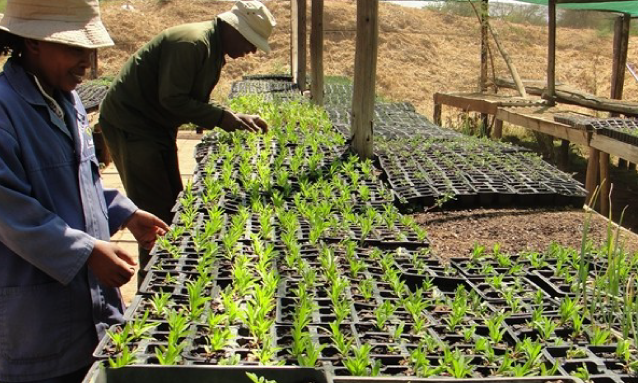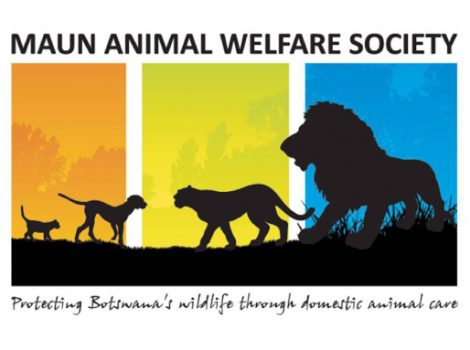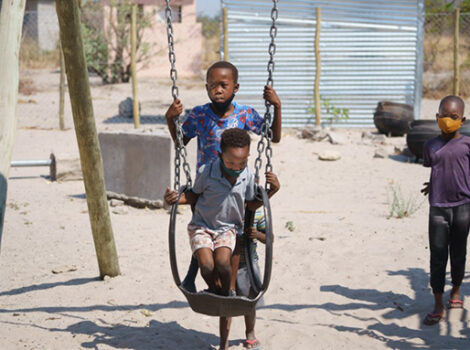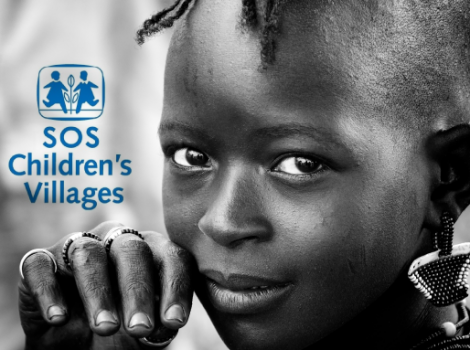
A holistic and sustainable programme to find and unleash the potential of special needs students at a Botswana school has been awarded the UNESCO-Japan Prize on Education for Sustainable Development (ESD).
Funded by the Government of Japan, the prize showcases and rewards outstanding ESD projects and programmes with an emphasis on innovation and potential for transformation. The three winners received an award of US$50,000 each at a ceremony at UNESCO Headquarters, Paris on 15 November during the 40th UNESCO General Conference.
The Camphill Community Trust wins the prize for its school and community-based ‘Integrated Learning for Living and Work Programme (ILLWP)’ which helps the youth with intellectual and developmental disabilities to develop and excel through an integrated learning experience that blends environment, society and economy – the three pillars of sustainable development.

The Trust, part of the Camphill educational movement founded in 1939 in Scotland to develop disabled children in a communal setting. It was established in Botswana in 1974, less than ten years after the country’s independence. Richard Blake, Principal of the Motse Wa Badiri Training centre which implements the winning ILLWP programme, said:
“The need for schools and, in particular, special needs schools was urgent as the country emerged from independence. The Ministry of Education asked the Trust to help because of its experience and well-established system.
As we were starting from scratch and with very much a self-help approach those strong principles of sustainability and holistic development were there very naturally from the start. From the beginning on the 14-hectare site, we were growing our own food and looking at income-generating social enterprises.”
Helping children with disabilities
Camphill Community Trust provides a full pathway to education and training, which starts at Rankoromane School, a primary school with 56 children aged 5 to 14 years with learning disabilities. Motse Wa Badiri Training provides the follow-on four-year ILLWP learning programme for 85 people with learning difficulties or disabilities who are 14 years or older and who have not succeeded in mainstream education.
Using a holistic educational methodology, the ILLWP works to build a broad foundation of knowledge and skills across three assessed areas of the curriculum; functional abilities in communication, literacy, numeracy and Information and communication technology, personal and social development, which builds confidence and gives the young person a voice, and generic workplace skills.
“The wide range of learning disabilities of our students includes autism, cerebral palsy, Down’s Syndrome and others. Some children will need to learn to use a toilet, others how to eat with cutlery or orient themselves in the world. What they all have in common is that conventional education has not worked. We want to see how we can help each individual to develop as a human being based on his or her capacity and needs,” said Richard.
As part of the outcomes-based programme, the students are involved in the development of the organic garden, which provides the school with food. Much of the 14-hectare site where both Rankoromane School and Motse Wa Badiri Training are located is covered with fruit orchards, gardens and plant propagation areas. Organic farming practices and permaculture guide the use of the land, and compost-making is both a training opportunity and the basis for enhancing and maintaining soil fertility.
“We run a seed to table programme that means they are hands-on involved from planting the first seed to cultivating the fruit and vegetables that are grown to enjoying the social experience of sitting around a table eating what they have produced,” said Richard.
A focus on sustainability
The emphasis on sustainability continues after the 4-year programme is over as most of the learners are given the chance of a work placement in their local community that fits with their long-term sustainable livelihood goals. The programme ensures the student and employer are well prepared for the placement.
“Often, the only thing holding back an employer is lack of knowledge about a particular disability. The family may also have fears about the safety and protection. It is the student who will have a clear view of what he or she wants to achieve. To aid that, we will go along to the student’s community and workplace to smooth the transition,” said Richard. “Personal goals remain the golden thread running through all of our work.”
Dineo is one such example of attaining a goal and achieving sustainable employment backed by a very supportive family. Since joining the ILLWP, she has spoken repeatedly of her long- term goal of owning her own business. Currently, she is on a workplace attachment in a supermarket in her home village. Once she has graduated, she plans to continue with the support of her family and the Employment Support Specialist to make the connections and get the experience to achieve her goal. In turn, she continues to be supportive of her peers through her work on the learner council encouraging them to speak up for themselves as she does.
Such is the success of the programme that there are already plans to expand.
“For the future and because demand is huge and growing, we are exploring the possibility of mainstreaming the programme in the regular school system and using the base we have here as a resource centre,” said Richard.
Source: en.unesco.org



